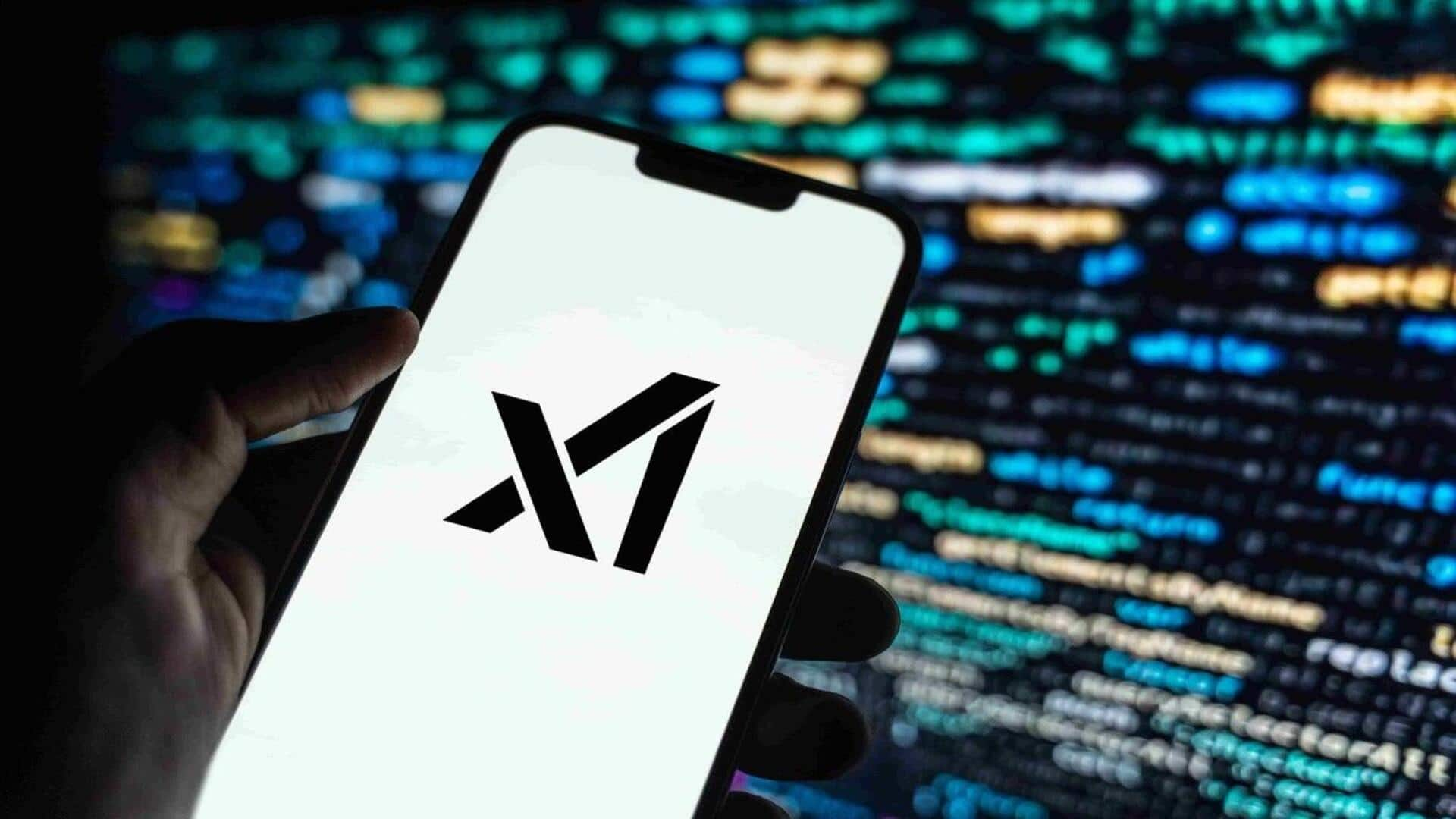
After Google, Musk's xAI to sign EU's AI code
What's the story
Elon Musk's artificial intelligence (AI) company, xAI, has announced its decision to sign the Safety and Security chapter of the European Union's Code of Practice. The non-binding framework is designed to help AI firms comply with upcoming EU regulations. The Code was created by 13 independent experts and consists of three main sections: transparency, copyright, and safety/security.
Compliance stance
xAI seeks legal clarity
By signing the Safety and Security chapter, xAI hopes to gain more legal clarity in the EU's evolving regulatory landscape. The firm said on social media platform X, "xAI supports AI safety and will be signing the EU AI Act's Code of Practice Chapter on Safety and Security." However, it also expressed concerns about other parts of the Code that could hurt innovation.
Innovation concerns
Concerns about negative impact on innovation
The company said, "While the AI Act and the Code have a portion that promotes AI safety, its other parts contain requirements that are profoundly detrimental to innovation and its copyright provisions are clearly an over-reach." This statement highlights xAI's concerns about potential negative impact on innovation due to certain aspects of the EU AI Act.
Industry response
Responses from tech giants to EU AI code
Tech giants have shown different responses to the EU AI code. Google has said it plans to sign the entire framework, while Microsoft has indicated its intention to do so as well. However, Meta has opted out, claiming that the Code introduces legal ambiguities and goes beyond what is required by the AI Act.
Code implications
Navigating the regulatory landscape
The EU's AI Code of Practice is a voluntary measure, but it could offer signatories increased legal certainty as they prepare for the bloc's legally binding AI Act. The Act is tipped to come into effect in the coming years.